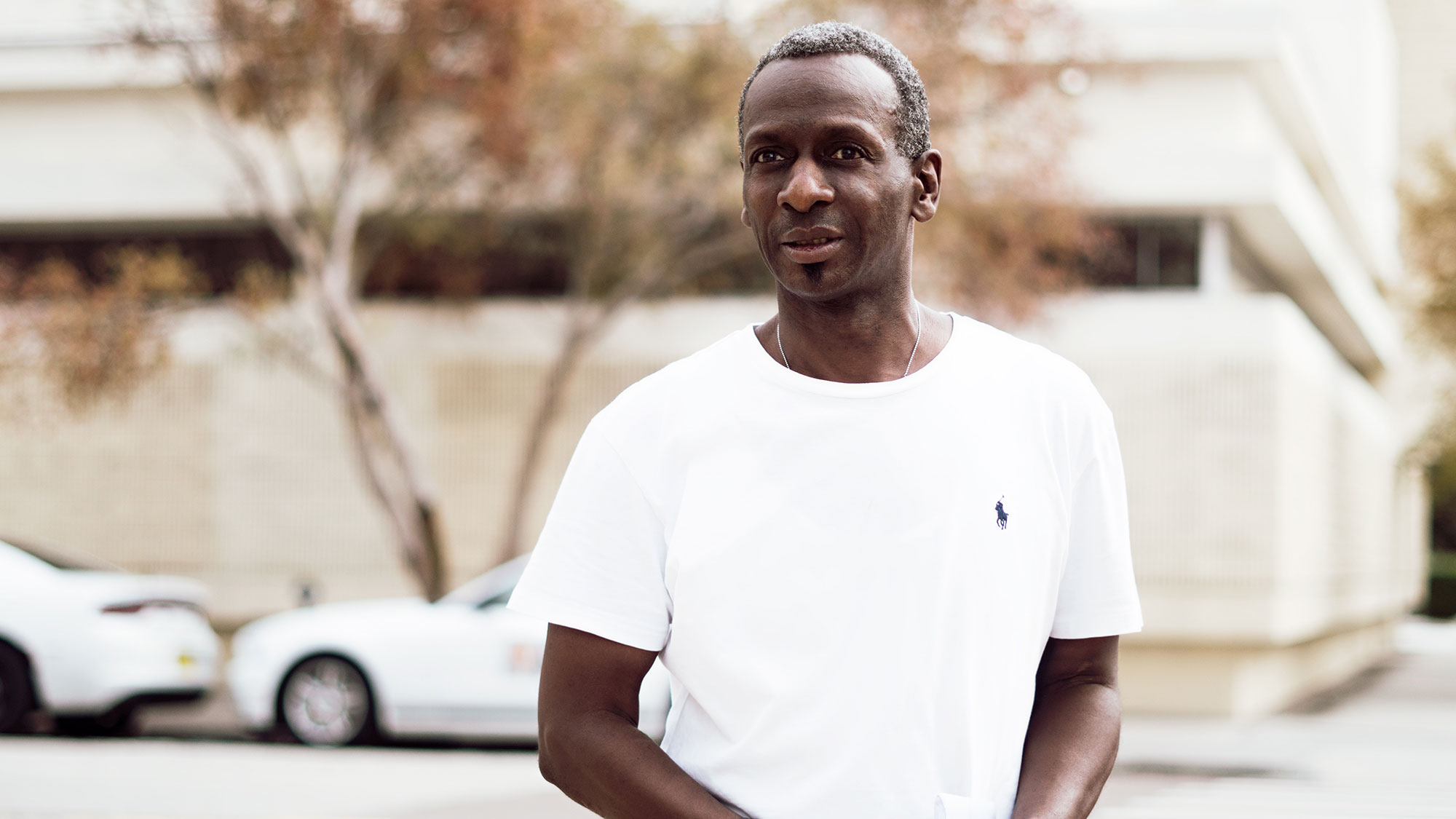Homelessness

Racialization of Homelessness
What is racialized homelessness?
Racialized homelessness is barriers to safe and affordable living spaces due to prejudice, discrimination and historical trauma of colonization. This form of homelessness is intensified under systemic challenges and makes the ability to break free from the cycle extremely difficult. There has been a steady increase of racialized homelessness especially for newcomers. Recognizing that race is a social construct, the Human Rights Commission describes people as “racialized person” or “racialized group” instead of the more outdated and inaccurate terms “racial minority”, “visible minority”, “person of colour” or “non-White”.
* In Canada, 1 in 5 racialized families will live in poverty compared to only 1 in 20 non-racialized families.
* Racialized women earn an average of 32% less in the workplace. * Youth who end up experiencing homelessness are more likely to belong to a marginalized and discriminated against group in terms of race, ethnicity, gender and sexuality.
* 28.2% of those experiencing homelessness are members of racialized groups, compared to the Canadian average of 19.1%.
* Indigenous Peoples make up only 4.3% of the overall Canadian population but comprise 30.6% of the youth homelessness population.

Our Indigenous Peoples
The over-representation of our Indigenous peoples when it comes to homelessness is staggering across the nation. Though they represent less than a percentage of the Toronto population they make up 15% of the homeless within the city and up to 90% in Northern Canadian cities like Yellowknife and Whitehorse. The effects of colonialism, residential schools and the “sixties scoop” are still having long-standing effects on the population. Furthermore, as stated within the Canadian Observatory on Homelessness (COH) studies- “within Indigenous cultures, the conceptualization of “home” and therefore what it means to experience homelessness, is more than simply not having or lacking a roof over one’s head. Homelessness also includes variables such as relationships and connections to human kinship, earth, lands, waters, and territories, animals, plants, spirits, elements, traditional songs, teachings, ancestors and names.”

Refugees and Newcomers to Canada
Many of the challenges faced by refugees and newcomers to Canada parallel those faced by Canadians who are at risk of experiencing homelessness. Refugees to Canada who are not privately sponsored, struggle with finding good quality, permanent and affordable housing. Contrary to popular belief, refugees are not given help from settlement agencies to find housing arrangements nor do they jump waiting lists for affordable housing. As a result, settlement agencies look to outside subsidized housing and the private market, which can be risky due to the chance of finding housing that is too expensive, overcrowded or illegally rented.
In addition to struggling with the need to find suitable housing, many refugees deal with a number of personal problems such as psychological distress, unemployment, language barriers, discrimination, lack of access to transportation and a lack of credit history.
The barriers that newcomers and refugees to the country face put them at an increased risk for homelessness and core housing need compared to other groups. For example,
At Margaret’s, we aim to break down walls of stereotype, prejudice, discrimination, and exclusion. We aim to give value to every woman and man that walks through our doors. We aim to be the hands and feet of the generous peoples within our community that by their financial support we are able to bridge the gap to access, to help, to support. We are compassionate about the struggles of our clients because we think they are valuable.
Ways to Donate
Help us bridge the gap by contributing in support of initiatives focussed on bettering the lives of those in our community struggling with the effects of poverty, homelessness and mental illnesses.
One Time Gift
Legacy Gift
Monthly Gift
Gift of Cellebration
In Memory
Corporate Matching

For over 65 years, Margaret’s has been empowering individuals struggling with serious mental illness to rebuild and reclaim their lives.
221 Broadview Avenue Toronto, ON, M4M 2G3 Canada | Tel: 416.463.1481 | Fax: 416.461.4866 | info@margarets.ca
Privacy | Cookies | Terms